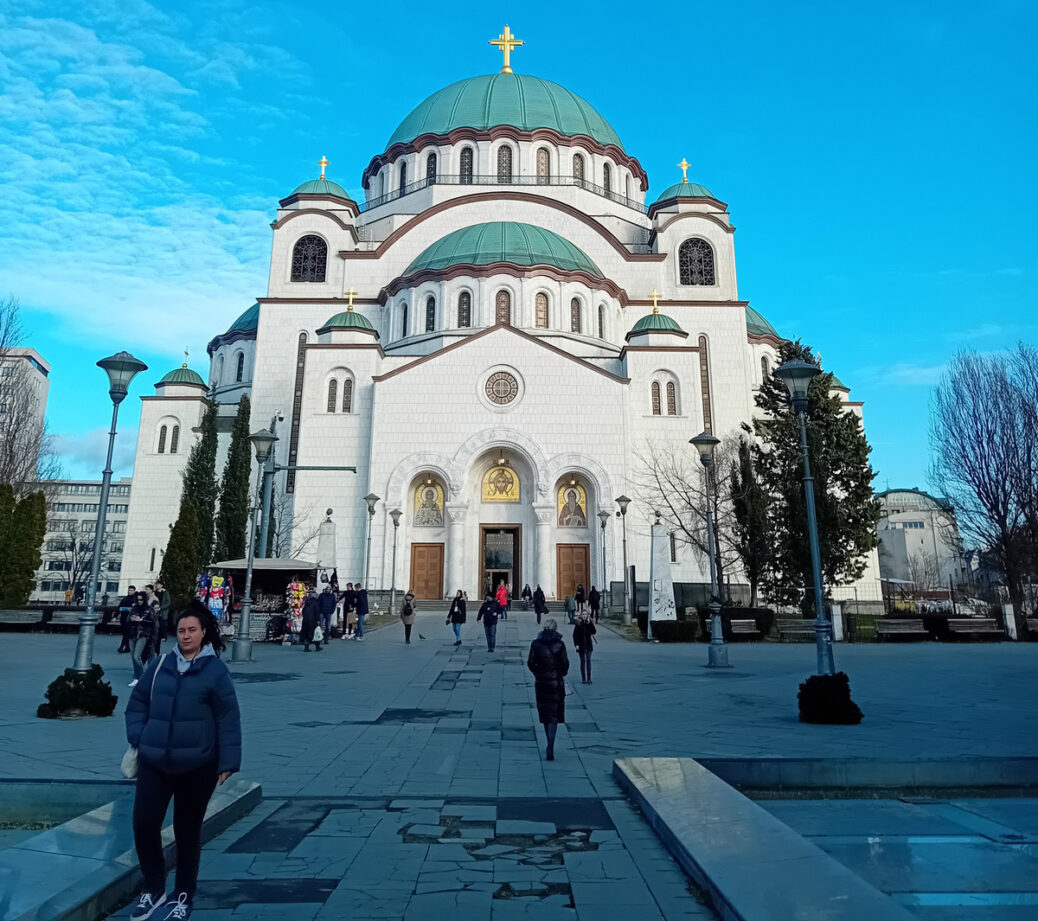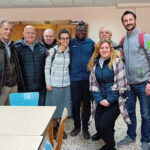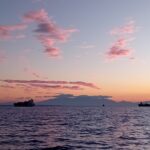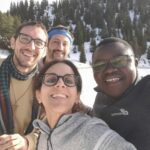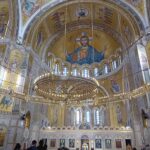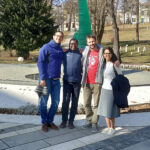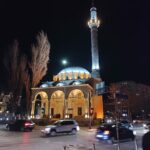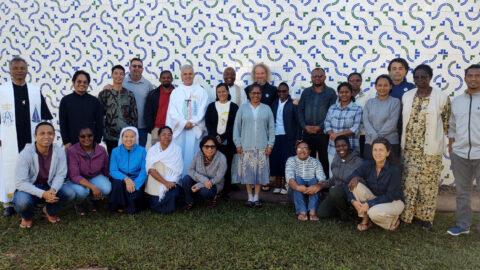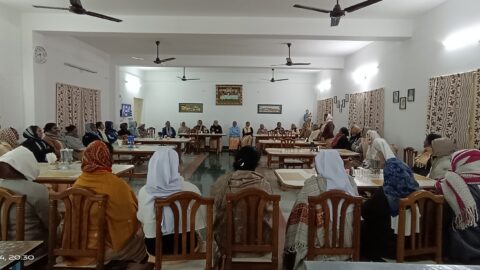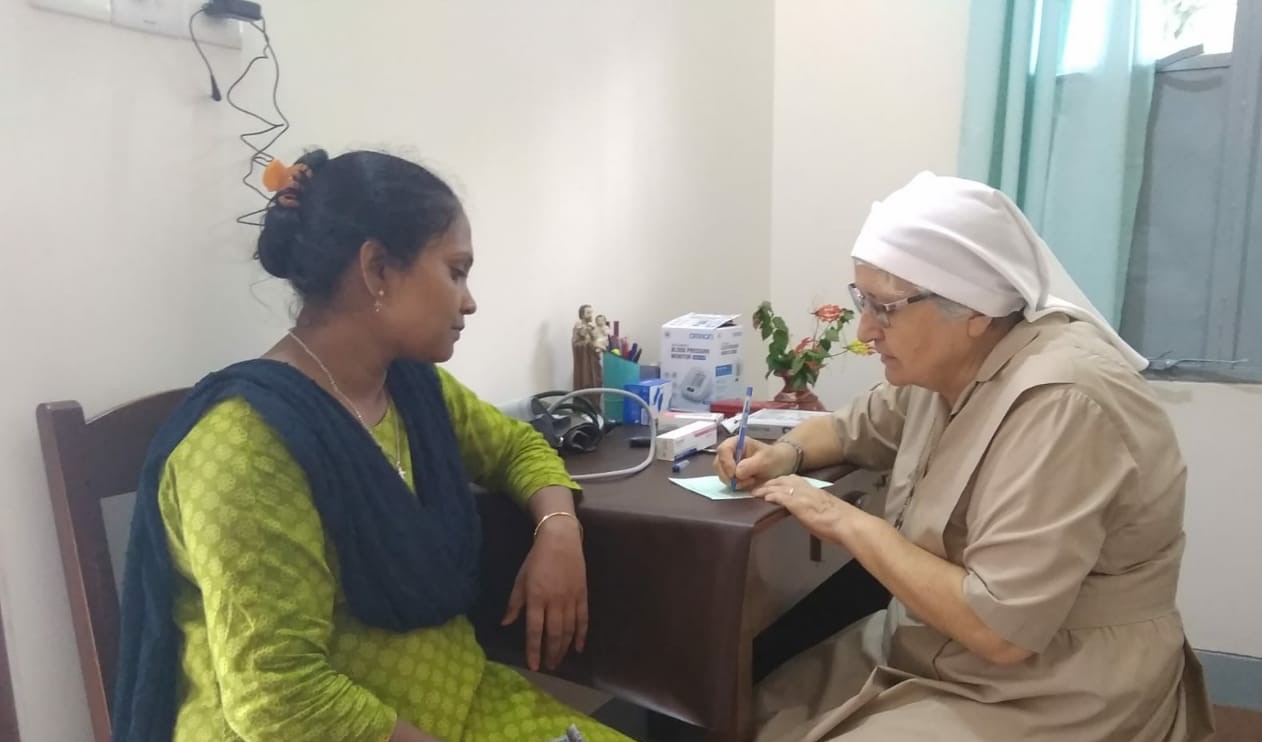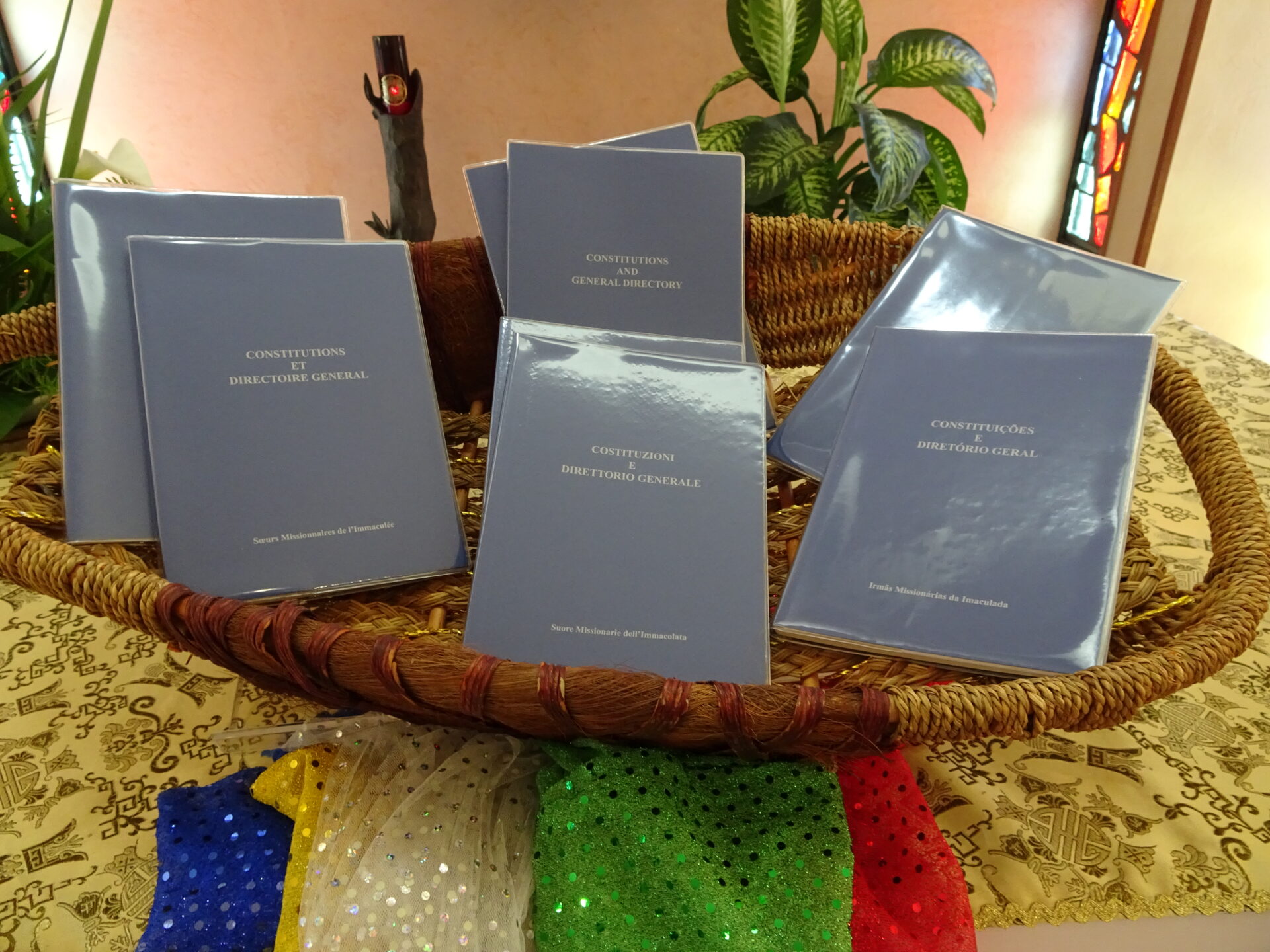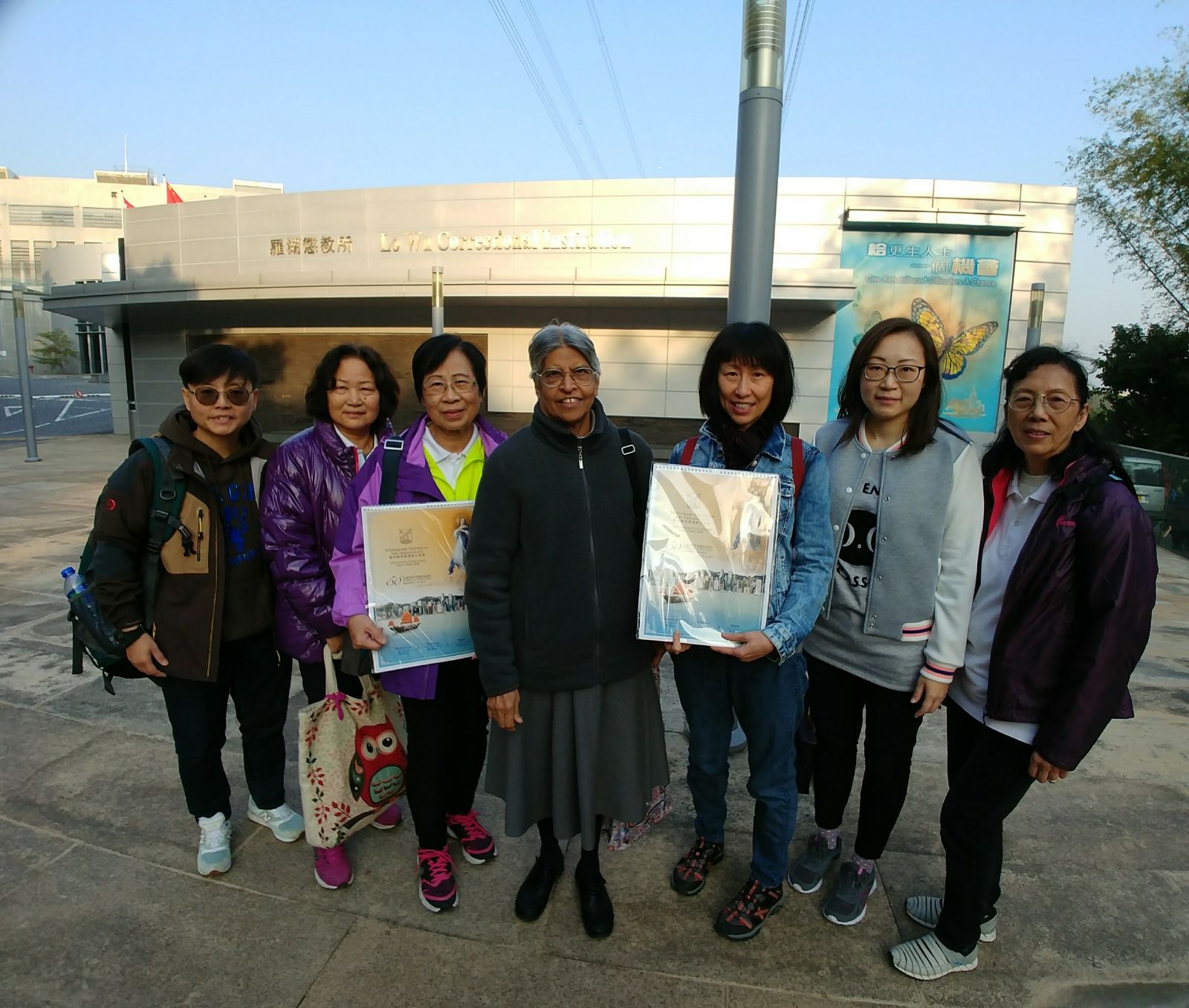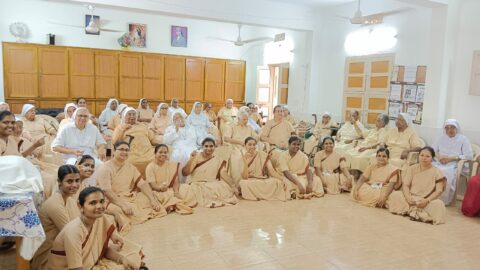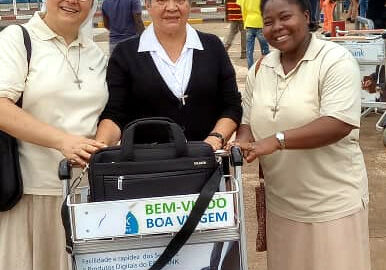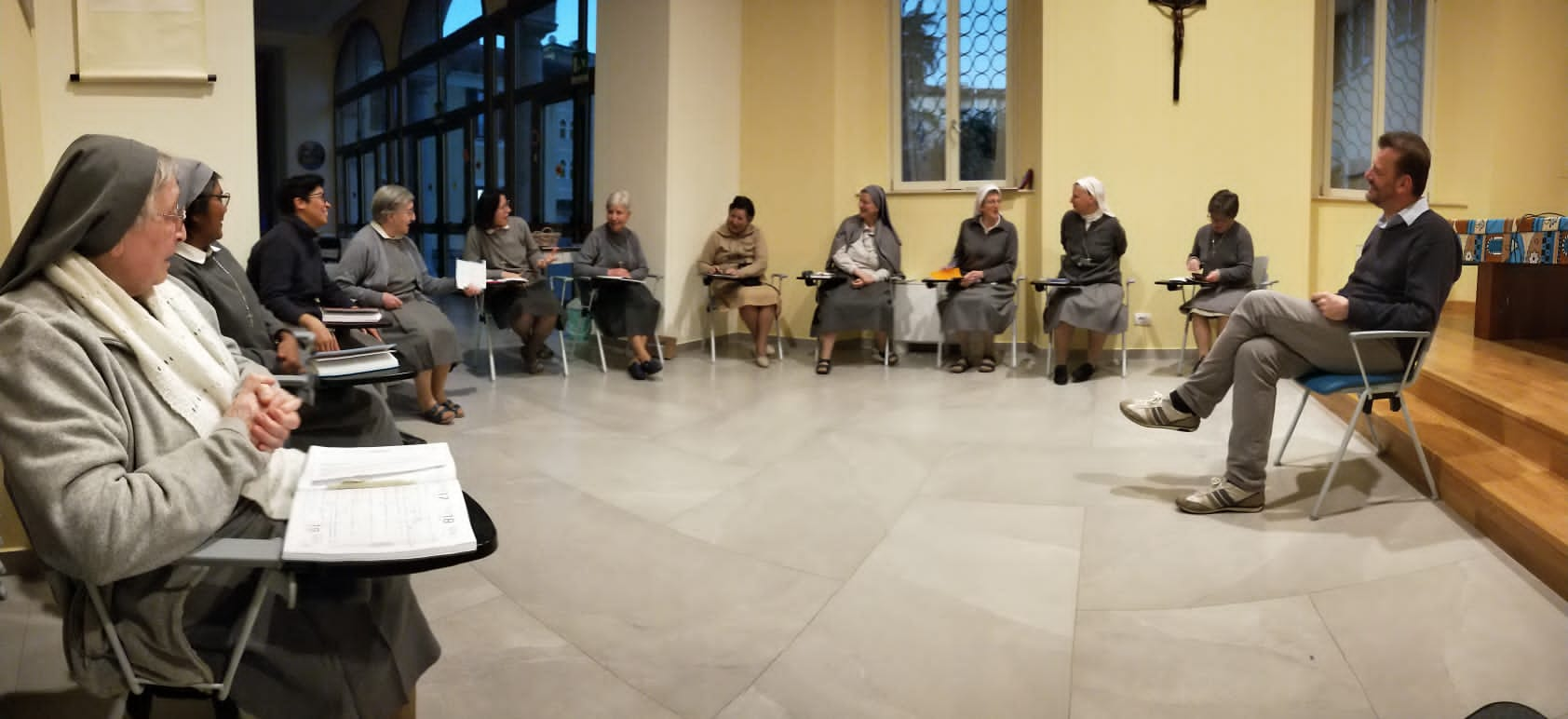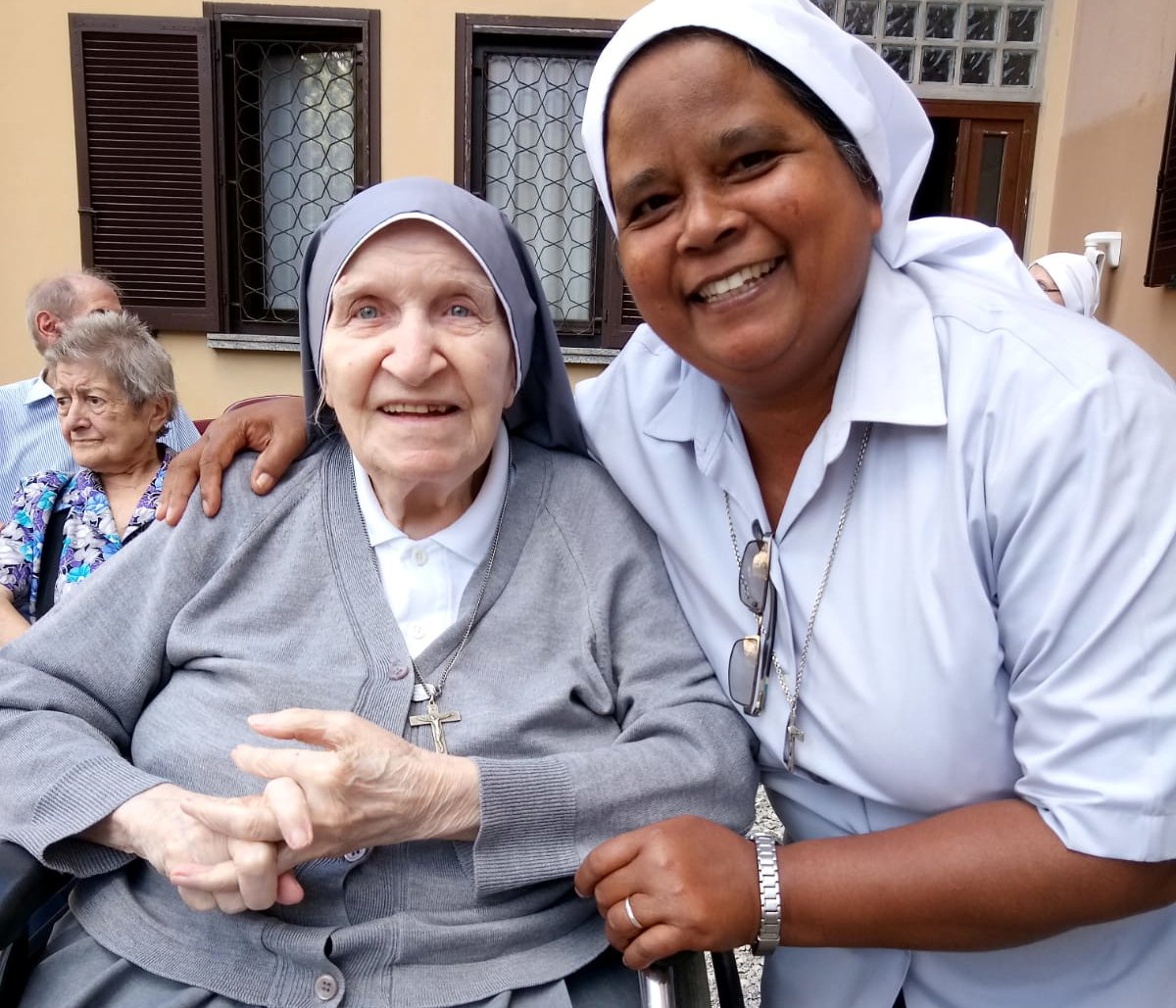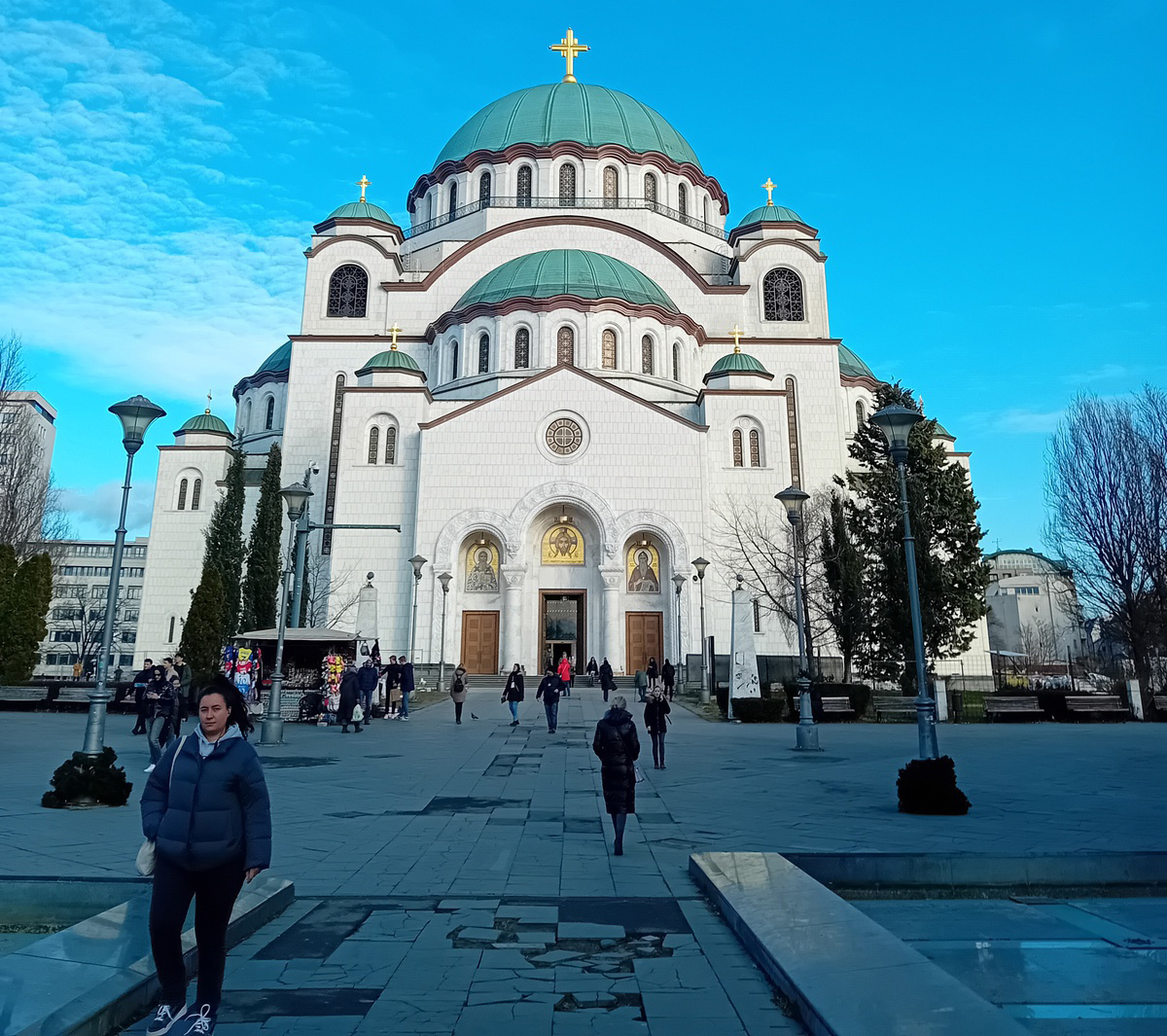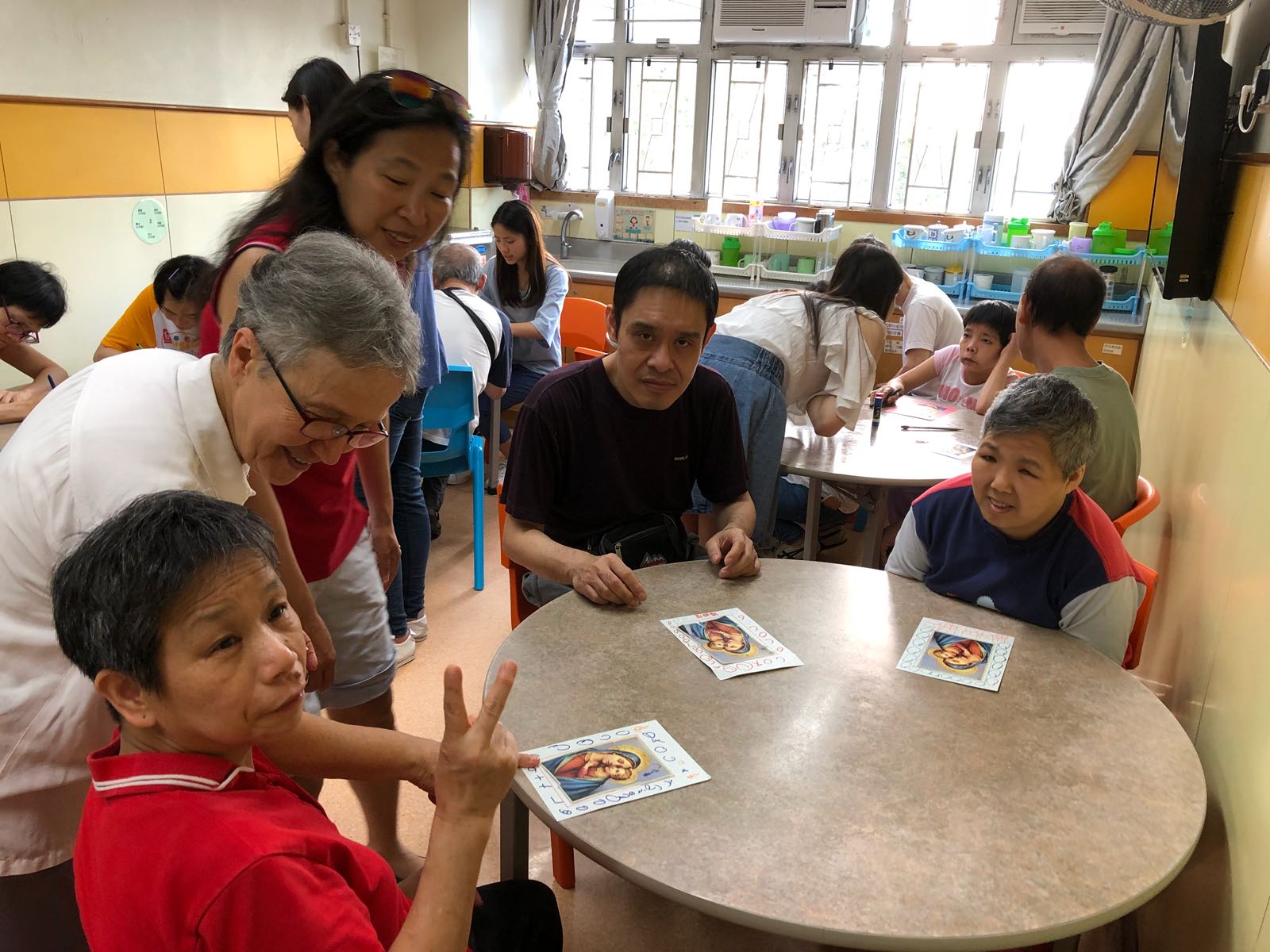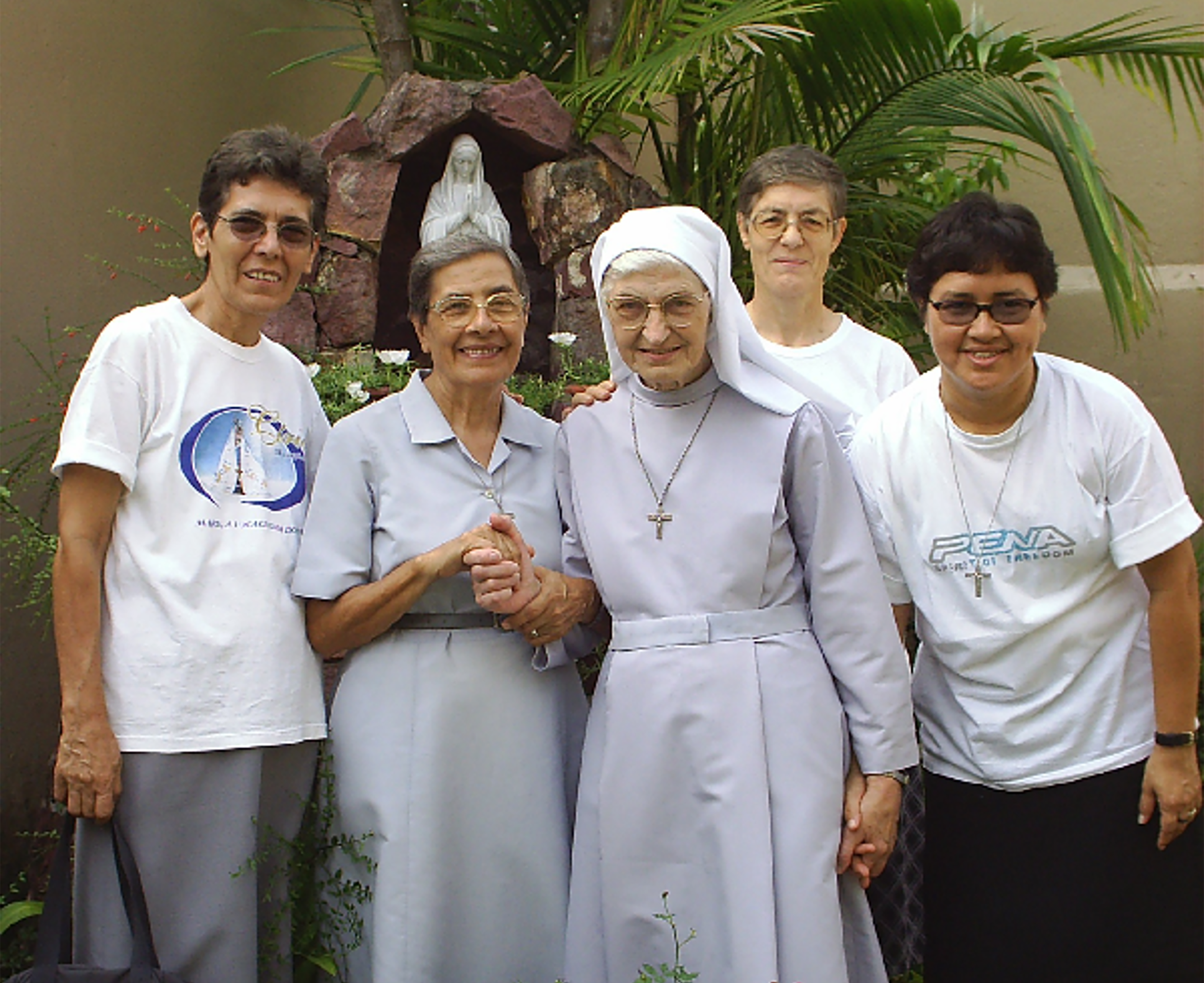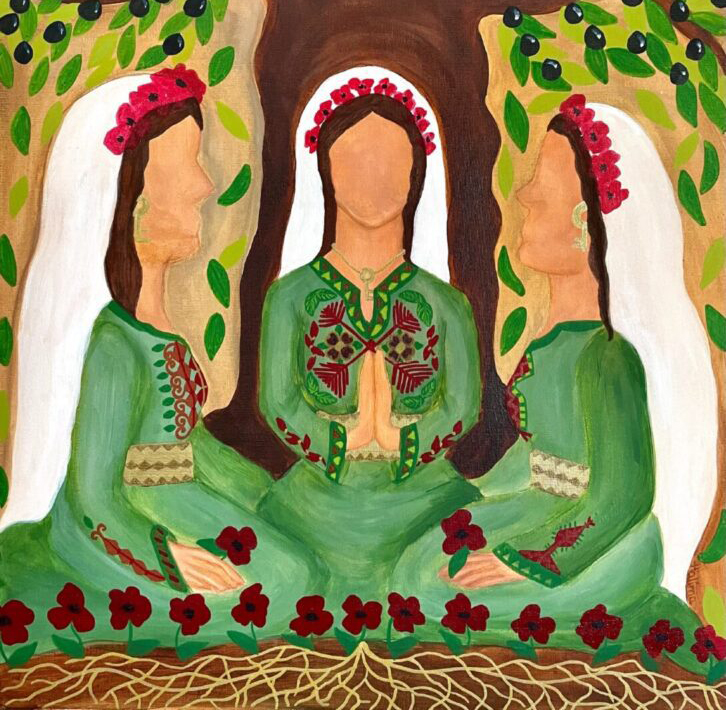I have a very vague and confused memory of the images of thousands of refugees from Kosovo on the borders with Macedonia and Albania, shown in the news at the end 1990. At the time, I was living with my family in Basel, where we had emigrated from Sicily due to lack of work, a reality shared by many. In the first grade, only 5 out of 25 children were Swiss. All the others were of various origins, some from Turkey, some from Italy or from Albania, children from Croatia and those from so-called “Yugoslavia”. For many families, the dramatic circumstances of the war in the Balkan area had caused forced emigration. Only today, twenty-five years later, do I understand on a new and delicate level, the scenario of that small community of children in a primary school in Switzerland.
I visited the Balkans again last month together with my PIME brothers Fr. Ivan, Fr. Alessandro and Fr. Vivier, with whom I work, which gave me a new gaze. The purpose of the trip was to plan the new summer camp for young people entitled “Exodus, even beyond”, a journey by foot, on the road towards Thessaloniki. It is a journey to go “even beyond” the borders, through Croatia, Bosnia, Kosovo, Greece and Serbia in the footsteps of those looking for a better future, to meet different stories, faiths and peoples. To go beyond: to make memory of how peace is a fragile gift entrusted by the Lord to our hands and ask ourselves what the Gospel proposes to each of us.
We left for the review with full of passion and desire for this new summer project in which we believe so much, but unaware of the richness and depth that would be poured upon us beyond all expectations. Thus, the perception of having plunged ourselves into something far bigger than us, immediately led us to each stage, from one meeting to another.
We made our first stop in Belgrade where we came into contact by chance (or “by Providence”) with the Jesuit community, which opened the way for us to get to know the Focolarine and some diocesan priests. The initial exchanges (including with the local Caritas) provided us with the first precious lens on the complexity of the history of the Balkans.
Moving to Thessaloniki, after some vain attempts to find a religious reality, we ended up in the parish of Santa Caterina in the center, where that very evening Mass was celebrated in Italian (only once a month!!!) with the small community of Italian faithful . Surprised by this other coincidence, we took the opportunity to delve into the migration stories of those people, thanks to their warm welcome and that of the parish priest Don Giorgio! The experience of the Mass in Greek the following day and of the walk in search of the places of Saint Paul, there, in “his” Thessalonica, was beautiful: a strange pride moved those souls of ours suddenly catapulted into the very precious and living antiquity of our identity!
The arrival in Kosovo – in Peja – opened up a very different scenario for us: some JRS workers (Jesuit Refugee Service) literally accompanied us as we crossed the sacred ground of that still wounded land and in conflict. Their sense of hospitality and dedication was disarming, tangible in the time spent with us, in the lunch offered, in the trip to Pristina to visit some significant points of the city together in a continuous dialogue and narration. Another enriching experiences in Kosovo were the valuable meetings with Fr. Dominic – a Salesian, principal of the school that will host us this summer -, with two diocesan priests and with the sisters of Mother Teresa. In particular, with the latter we shared the intensity of the Eucharistic celebration and of a cheerful and prolonged exchange, opportunities to breathe a climate of special communion and fraternity.
The last stop was in Sarajevo and it added an important piece to the very vivid mosaic of this journey! Three acquaintances were crucial for us in Bosnia. The discussion with Don Simo, head of the diocesan center for youth ministry John Paul II, the time spent with Daniele Bombardi, coordinator of Italian Caritas for the Balkan area and the visit guided by the psychologist Marina in the inter-ethnic school founded with prophetic wisdom by Msgr. Pero Sudar, auxiliary bishop of the archdiocese of Sarajevo. Each of these lived contacts – like the previous ones – would require a page on its own to be able to mention barely the Beauty of hospitality, care and social commitment, which have been for us tangible signs of the gift of self without reserve to promote fraternity and peace in the Balkan area!
Basel 1999, the memories continue to be vague and confused, but now others are resurfacing and taking more shape after the review. Dad often returned from work very sad (he was a clerk at the co-op) telling of a very touching scene that was repeated every day in those months. The Albanian colleague from Kosovo and the Serbian one didn’t speak to each other, they took their lunch break separately to avoid each other, they remained in silence with very hard faces and they were, as if in their own countries, “at war” with each other. Yet, dad used to say, he saw them coming out of the bathroom with eyes full of tears: they avoided each other, but they both cried secretly, both with families affected by the war, both with that heavy feeling of helplessness. Moreover, both, far from home and suffering.
Sr. Savina Majorana, Italy


